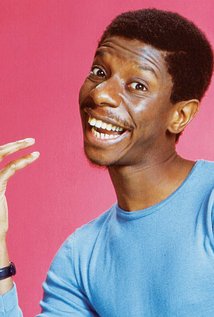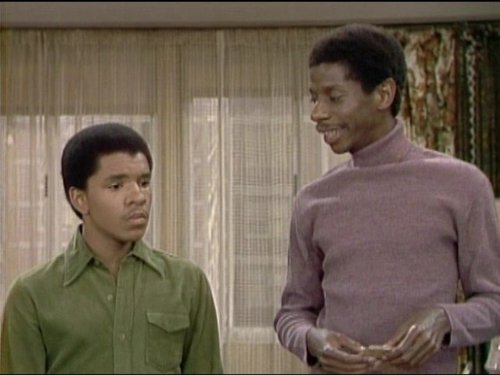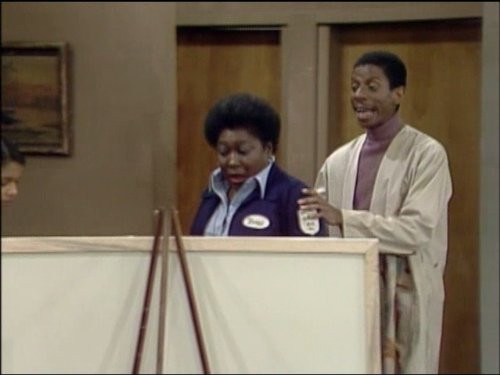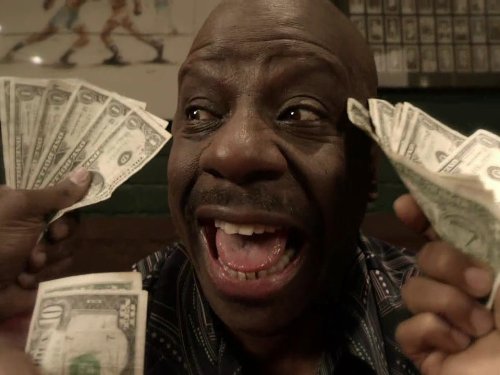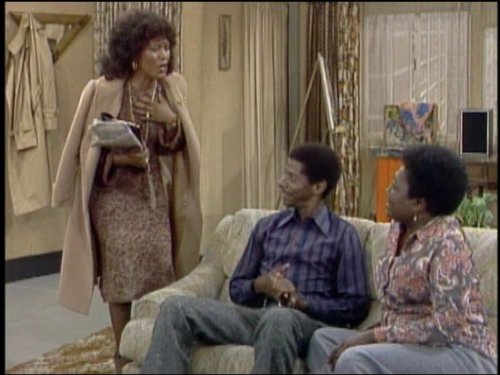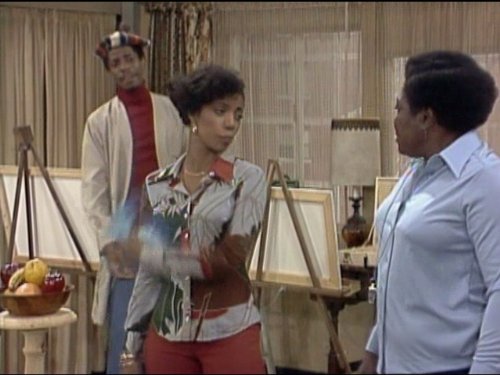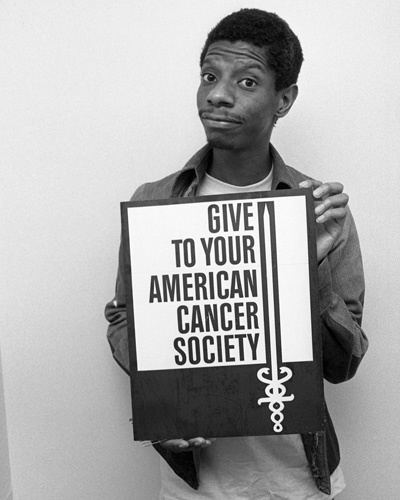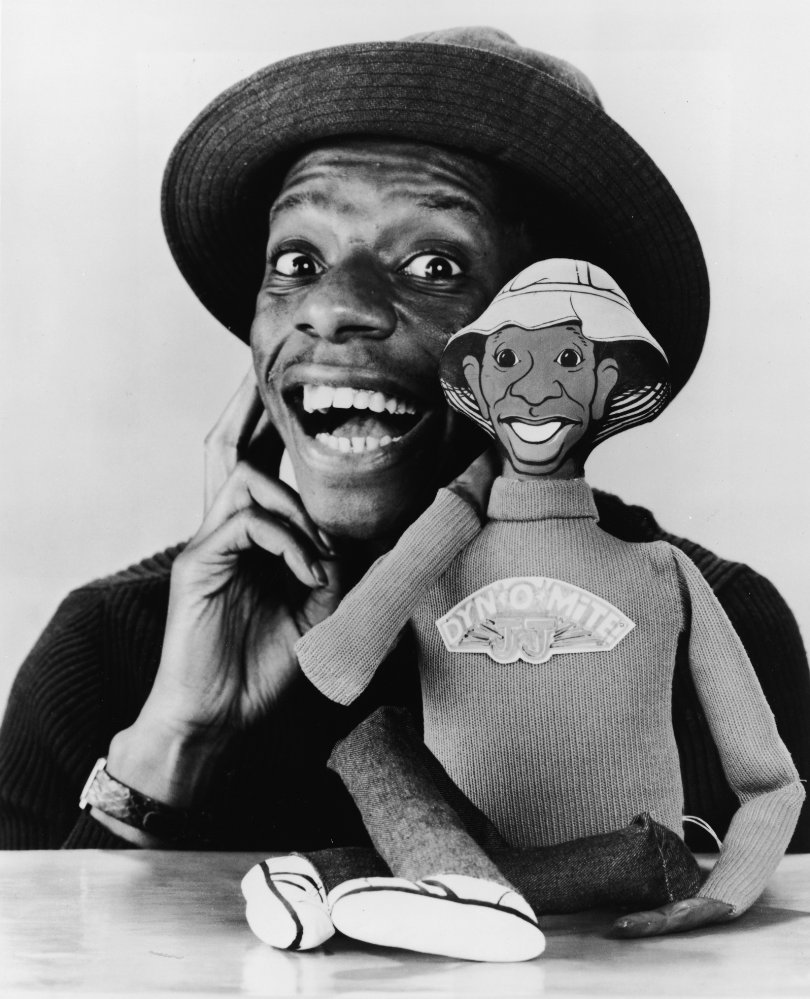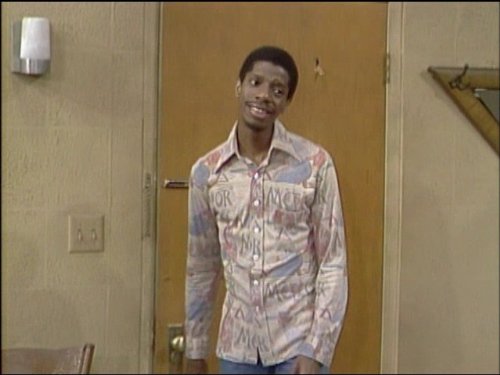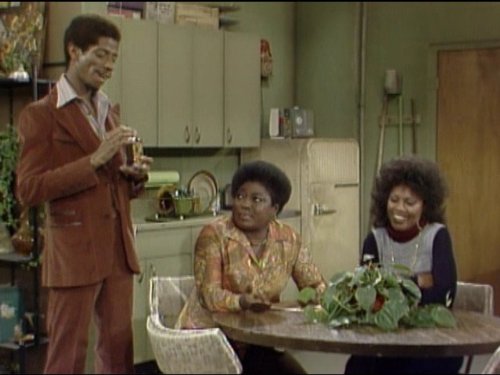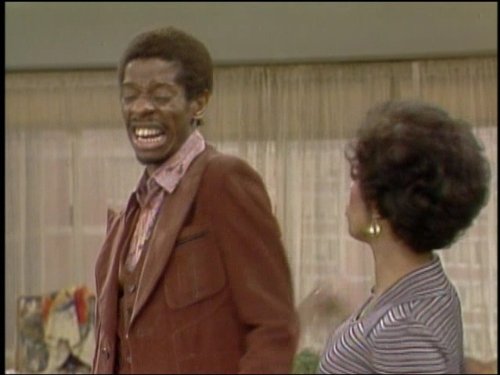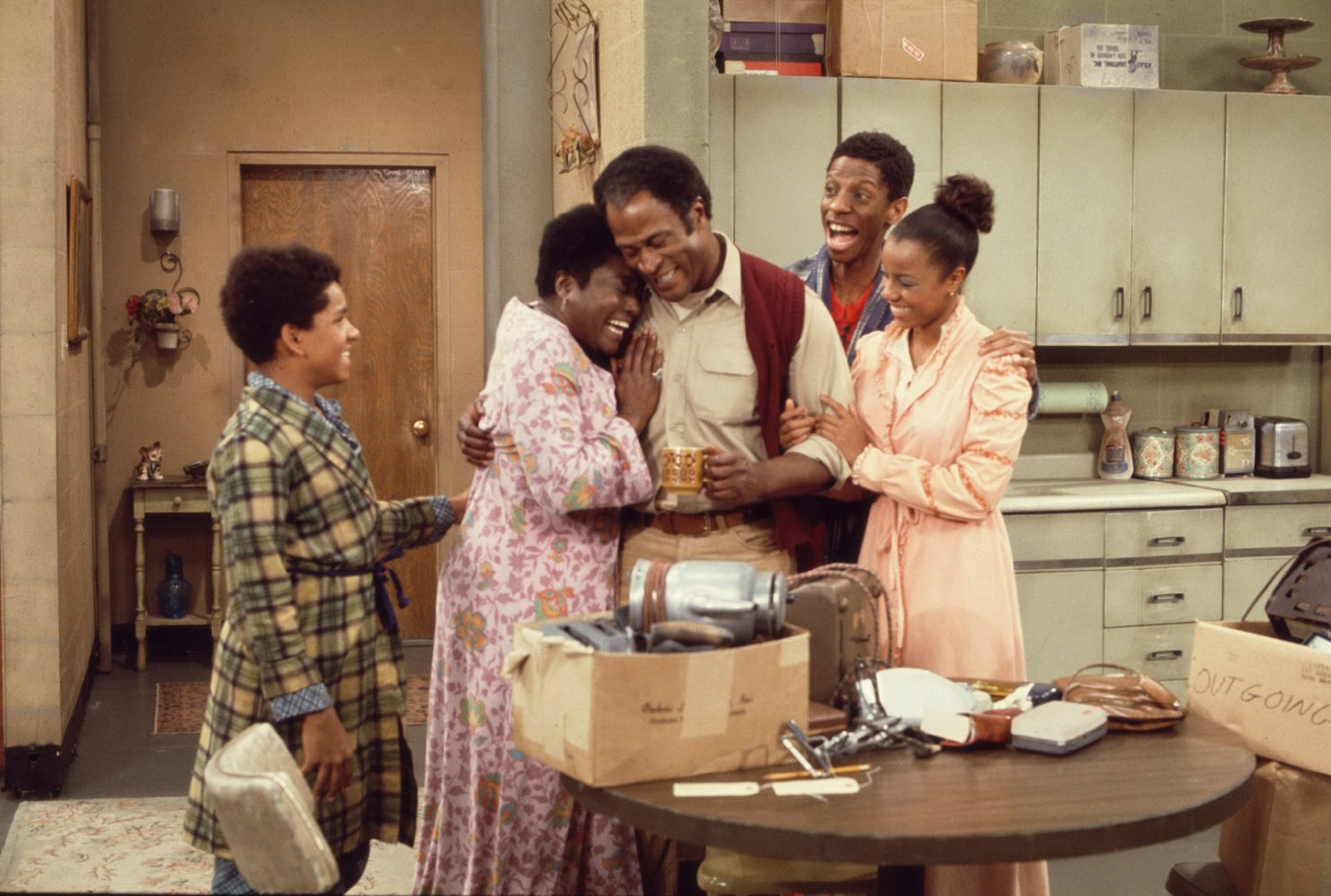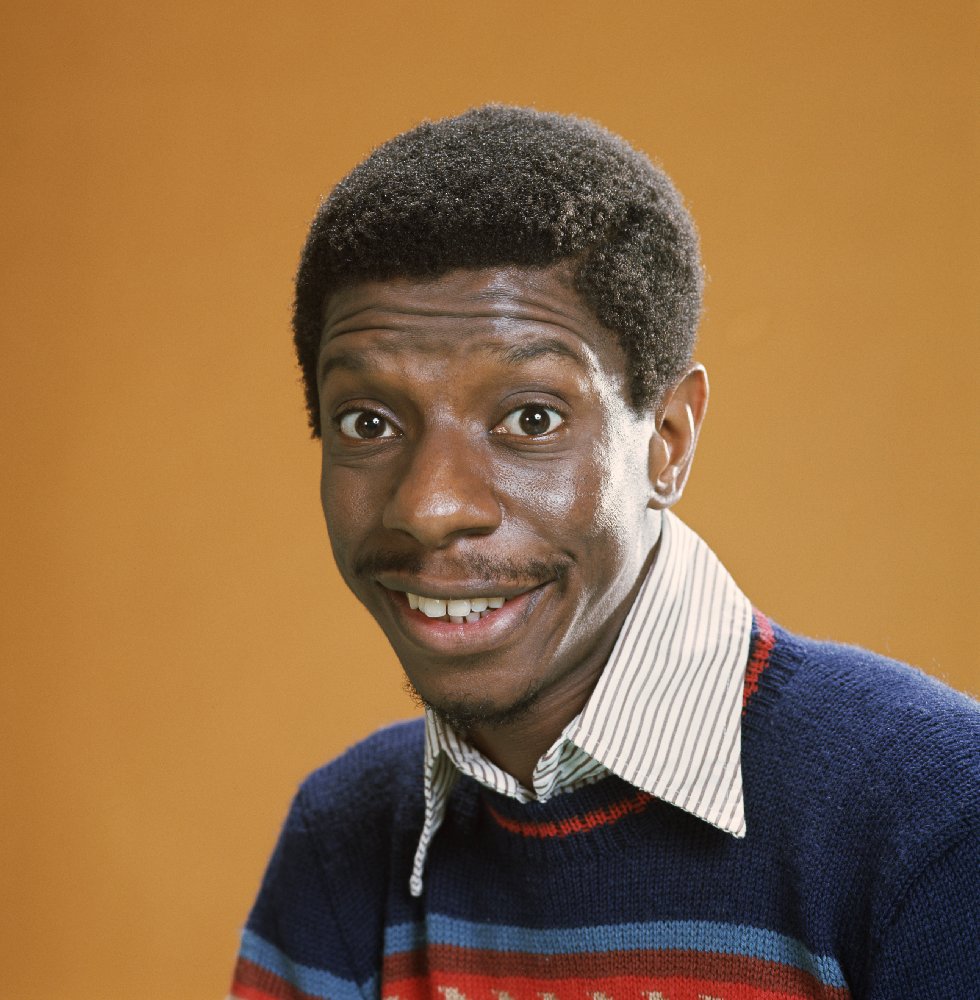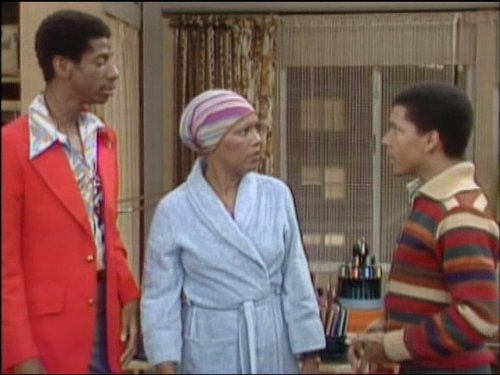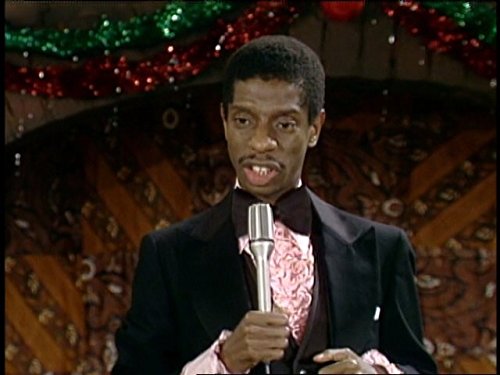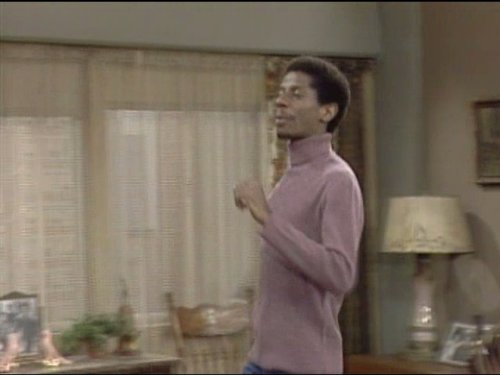He symbolized the 70s American dream of success -- the former kid from the ghetto who rose to wisecracking TV superstardom. While in his element as the broadly strutting, gleamy-toothed J.J. Evans of the popular urban-styled sitcom Good Times (1974), Jimmie Walker lived the extremely good life. Following the series' demise, however, reality ag...
Show more »
He symbolized the 70s American dream of success -- the former kid from the ghetto who rose to wisecracking TV superstardom. While in his element as the broadly strutting, gleamy-toothed J.J. Evans of the popular urban-styled sitcom Good Times (1974), Jimmie Walker lived the extremely good life. Following the series' demise, however, reality again checked in. Still and all, he has not self-destructed as others before him have and continues to enjoy a comedy career now approaching four decades.Jimmie was born on June 25, 1947, in New York's tough South Bronx neighborhood. His ambitions were not originally to entertain. Basketball was his prime interest but the idea that a gawky, stringbean-framed teenager could become a hoop star did not seem realistic. Instead he abruptly quit school and worked an odd assortment of jobs until wisely returning to night classes at Theodore Roosevelt High School and redeeming himself with a diploma. The federally-funded Search for Education, Evaluation and Knowledge (SEEK) next came through for Jimmie as he was able to learn a trade: radio engineering/announcing. Within a year he was hired as an engineer for a small radio station, but gained a minor reputation on the sly as a funny guy and good writer. This side interest is what motivated Jimmie to try comedy performance.He made his stand-up debut as an opening act on New Year's Eve in 1967 for "The Last Poets," a militant poetry group, and was such a hit that he stayed with the group for a year and a half building and polishing his jive-styled act. At one point Jimmie was seen at a Manhattan club by comedian David Brenner who referred him and others (such as Freddie Prinze) to Budd Friedman and his Improv stage in New York. Jimmie eventually became a regular. His debut shot on TV variety came with Jack Paar's show and his successful 1972 appearance propelled him to main attraction billing.He was quickly checked out by the Norman Lear team and practically handed stardom on a silver platter with Good Times (1974), a spin-off of Esther Rolle's domestic character on the popular Maude (1972) series. Skinny, energetic and youthful-looking with plenty of harmless sass and attitude, Jimmie and the show were instant cross-over hits despite the fact that he was a 27-year-old playing the teenage son of Rolle. His catchphrase "Dyn-o-mite!" became a popular item in the American vernacular. Jimmie became such a major celebrity that Time Magazine named him "Comedian of the Decade." Clothing, belts, and even a talking doll that blurted out his familiar phrase were soon on the open market. To the dismay of other actors on the show, his exaggerated character stole prime focus and shifted the well-intentioned direction of a positive black family image into a much broader and stereotyped caricature. This caused dissension in the troops and both adult leads, Ms. Rolle and John Amos, departed the series (Rolle came back later). Nevertheless, the series managed to last six seasons.During that time Jimmie made use of his ever-surging popularity with lightweight appearances elsewhere on primetime ("The Love Boat," "Fantasy Island") and on game shows ("The Match Game," "Tattletales"). He became a hot item in Las Vegas and even churned out a best-selling comedy album entitled, of course, "Dyn-o-mite!" His attempt at film stardom came with a top supporting role in Let's Do It Again (1975) starring Sidney Poitier and Bill Cosby, a comedy that also featured his TV dad John Amos. Jimmie was featured as a highly unlikely, scrawny-framed boxer promoted by Poitier and Cosby. As enjoyable as he was, it did not lead to other major film offers. Most of his later movies have been self-mocking guest parts or cameo bits in spoofs such as in Airplane! (1980), the Frankenstein take-off Monster Mash: The Movie (1995) and the slasher movie parody Shriek If You Know What I Did Last Friday the Thirteenth (2000).Upon the series' demise in 1979, Jimmie returned to the stand-up stage while looking for a sophomore TV hit. Unable to capitalize on his TV stardom, he instead found himself extremely pigeon-holed by the J.J. character. The short-lived B.A.D. Cats (1980), which had him playing a support role as a comic car thief-cum-repossessor, lasted only a month. The military comedy At Ease (1983) had Jimmie starring as a Sergeant Bilko-like conman. It too came and went quickly. Hoping the third time would be a charm, Jimmie was a bust again in the syndicated show Bustin' Loose (1987), based loosely on Richard Pryor's 1981 movie, with the comedian playing another of his genial con artists.Jimmie's main focus has remained the stand-up circuit, touring an average of 25-30 weeks a year. The rubbery-faced, tunnel-mouthed comic continues to pop up occasionally on the late night talk show forum. In his spare time he writes scripts for TV and films.
Show less «

